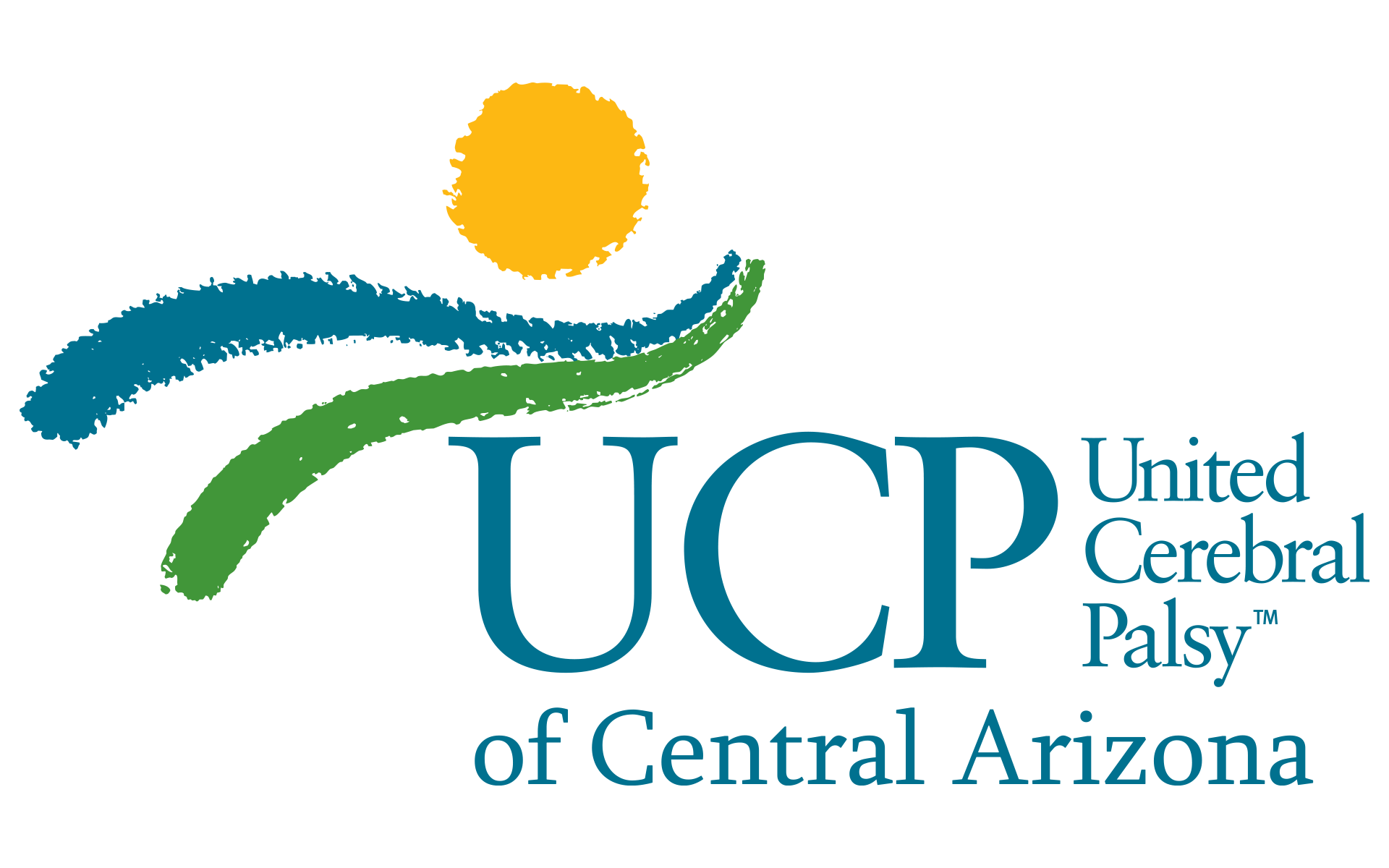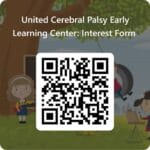Early Learning Center & PRESCHOOL in North Phoenix
Monday – Friday
8:00 am – 5:00 pm
AM (7-8) and PM (5-6 pm) care available upon request
19th Ave and Pinnacle Peak Rd.
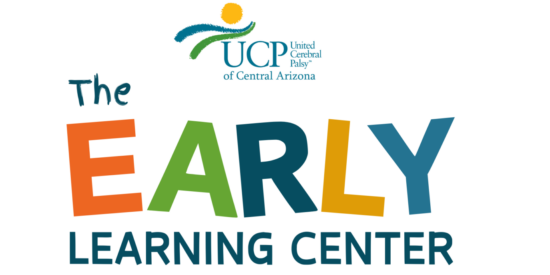
Guiding Children to Learn, Grow, and Thrive in North Phoenix
Discover the Elite North Phoenix Preschool Experience. Excellence in Early Education Begins Here.
We provide a unique, inclusive environment that creates high expectations for every child, regardless of ability, to reach his or her full potential. We welcome children of all abilities and provide the support they need to thrive. Through natural peer interactions and role modeling, every child is encouraged to grow, learn, and reach their potential together.
Part time and full time care is available.
For information on rates, please call us at 602-682-1880.
North Phoenix’s Best Preschool and Early Learning Center
Where Our Emergent Curriculum Comes to Life
The UCP Early Learning Center knows every family’s needs are different and has enrollment options to fit your needs, including different scheduling options for our families.
| Option | Preschool |
|---|---|
| Full Time | X |
| Three Days | X |
| Two Days | X |
What discounts does the UCP ELC have?
- Sibling Discount Program
- Parent Referral Tuition Discount Program
What are my payment options?
- Monthly payments: First business day of the month
- Weekly payments: Every Monday
Accepted payment options include Visa, Mastercard, American Express*, cash or check.
*Limitations apply
What Tuition Assistance does UCP accept?
- Department of Economic Security (DES) Childcare Subsidy
- Quality First Scholarship
The Early Learning Center uses an emergent curriculum to implement its philosophy. Emergent curriculum encourages learning experiences to arise from children’s interests, experiences, actions, and play-based exploration.
Can you tell me more about emergent curriculum?
- Developmentally appropriate experiences are planned to support the children’s cognitive, physical, language, and social-emotional growth. Experiences include large-group, small-group, and individual activities.
- Play is a valued learning time, as it provides children with the opportunity to be creative and study the world around them.
- Teachers plan the environment to reflect the current topic/theme and to incorporate the children’s interests in the program. Materials are available and organized to support independent use.
- Daily schedules provide a predictable yet flexible environment.
- The curriculum is responsive to the individual needs of the children and provides opportunities for all children to participate at their developmental level through adaptations and modifications.
- Family input and participation are integrated into the curriculum and environment. Individual family preferences, culture, holidays, and traditions are welcomed into the curriculum and routines.
- The curriculum is planned weekly based on the children’s current interests, but is ever-changing and expanding as their interests evolve. Topics/themes may last a few days or may span weeks.
- Children are routinely screened using the following assessment tools: Ages & Stages Questionnaires® (ASQ). In addition, ELC staff can collaborate with and consult other professionals. The clinic therapy team provides an opportunity for additional developmental screening.
LEARN MORE ABOUT OUR CLASSROOMS!
Preschool
Between 3-5 years, Preschoolers seek to understand the world around them. They are after heard asking “why.” They begin to develop an understanding of their emotions and desires, learning turn taking, sharing, and large group interactions. All of these skills help to prepare them for kindergarten.
Classroom Activities Include:
- Large and small group activities
- Calendar time
- Story and Group time
- Letter and number of the week
- Rules, routines and classroom jobs
- Sign Language introduction: Sign of the week
- Basic Introduction to Learning Without Tears handwriting curriculum
- Know, Want to Know, Learned (KWL) inquiries
- Experimenting-making hypothesis
- Introductory math concepts such as Graphing, measurement, voting and skip counting.
- Gardening and exploring nature
- In house field trips such as the Humane Society and the Great Arizona Puppet Theater
- PetSmart Pet Care Program
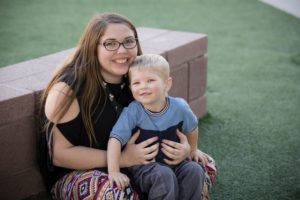
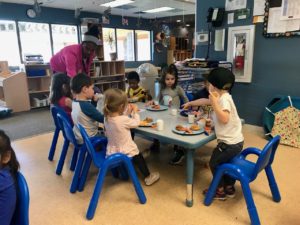
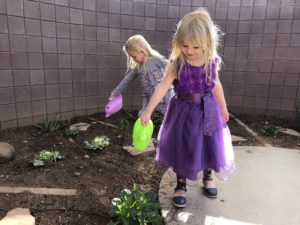



Pre-K
Classroom Activities Include:
- Large and small group activities
- Calendar time
- Story and group time
- Early Literacy skills-parts of a book, proper orientation
- Self-help skills
- Rules, routines and classroom jobs
- Letter and Number recognition and formation
- Learning Without Tears handwriting and literacy curriculum
- Know, Want to Know, Learned (K,W,L) inquiries
- Experimenting-making hypothesis
- Introductory math concepts such as Graphing, measurement, voting and skip counting.
- Gardening and exploring nature
- Nutrition and physical activity
- In house field trips such as the Humane Society and the Great Arizona Puppet Theater
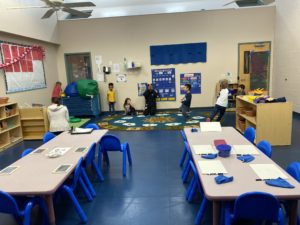
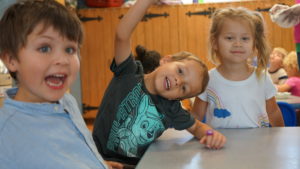
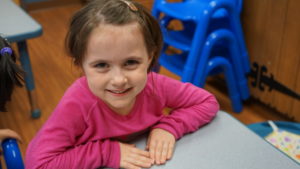
Who will care for my child?
At UCP, we believe that consistent caregiving by highly qualified individuals is key to fostering strong relationships and creating an optimal learning environment. Each classroom has designated Lead Teachers and Teachers to guide your child through daily activities.
What makes UCP Teachers “Highly Qualified?”
Fostering a lifelong love of learning is not only a job, but a career. As such, many of our Teachers hold Bachelor’s Degrees, Associate’s Degrees, or a Child Development Associate credential in Early Childhood Education or related fields. Continuing education is highly encouraged, and many of our staff are furthering their education. In addition, many of the ELC staff have been at UCP for several years.
What training do UCP teachers receive?
Mandatory:
-
- CPR and First Aid
- Bloodborne Pathogens
- Policies and Procedures for Administering Medication
- Diapering: Maricopa County Department of Health Sponsored Training
- Handwashing: Maricopa County Department of Health Sponsored Training
- Sanitization: Maricopa County Department of Health Sponsored Training
- Safe Sleep Practices: Maricopa County Department of Health Sponsored Training
- Responding to a Severe Allergic Reaction: Maricopa County Department of Health Sponsored Training
- Positive Behavior Support
- Introduction to Developmental Disabilities
- Developmentally Appropriate Practices
- Child Assessment, including the Ages and Stages Questionnaire
- National Association for Education of Young Children Accreditation Standards
Additional Staff training may include, but is not limited to:
- Introduction to the Early Learning Standards: Arizona Department of Education Sponsored Training
- Introduction to Sensory Integration: Southwest Human Development Sponsored Training
- Partnering with Families: Southwest Human Development Sponsored Training
- Developmentally Appropriate Activities
Parents will be glad to know that all teachers are required to attend a minimum of 24 continuing education hours annually.
What does an Inclusive environment mean?
An inclusive environment is one that serves individuals of varying abilities. In the Early Learning Center, children with and without special needs attend the same classrooms and successfully participate in the same activities.
What are the benefits of an inclusive environment?
Inclusive environments have many benefits for both children with and without special needs.
These benefits include: learning alongside same-age peers, teaching diversity, respect, and understanding for others, developing friendships, learning social skills, and enjoying learning at one’s own pace.
What Special Needs do you serve?
The Early Learning Center serves children with a wide range of abilities, including children with physical disabilities and developmental disabilities. Children served through UCP’s Therapy Clinic benefit from working with physical therapists, occupational therapists, speech and language pathologists, and feeding therapists who specialize in young children, providing an amazing network of support for children in the ELC. Therapy and other support services are often provided by UCP early intervention teams, creating a true team approach for a child due to an already established rapport with the teachers.
The ELC is a group environment and does not provide individualized one-to-one care or specialized medical care. Our flexibility in placing a child may be restricted by childcare licensing guidelines.If your child needs individualized care, our Home and Community-Based Services department may be able to provide it. Please see the link here. Home and Community-Based Services
How do you support children with special needs in the classroom?
Children enrolled in the program with identified special needs often receive therapies with UCP therapists. This enables classroom teachers to work hand in hand with your child’s therapist to ensure that your child’s specific needs are met in the classroom. This often means that the therapists hold their sessions in the classroom, encouraging peer interaction and coaching the teachers. The teachers become familiar with your child’s therapy equipment and assistive devices and can assist your child in their use.
The ELC is also enrolled in the Inclusion Program through Southwest Human Development. This program provides additional support to centers in implementing inclusive environments. Teachers receive training, coaching, and assistance supporting individual children.
How do I enroll my child who has special needs?
- Contact UCP Early Learning Center at 602.682.1880 or [email protected] to discuss classroom availability and schedule a tour of the facility.
- Once you have toured the facility, the ELC will request a copy of your child’s IFSP or IEP to better understand the individual needs of your child. The director will reach out to schedule a time to meet and review goals and needs.
- Once it is determined that individual goals can be met, enrollment paperwork and fees will be collected, and a start date will be confirmed.
UCP Early Learning Center participates in the following programs:
Quality First 5 Star Rated Center
Quality First is a signature program of First Things First whom partners with child care and preschool providers to improve the quality of early learning for kids birth to 5 across Arizona. Quality child care and preschool programs build on basic health and safety to include:
1. Teachers who know how to work with children ages six weeks to five years.
2. Learning environments that nurture the emotional, social, language, and cognitive development of every child
3. Positive, consistent relationships that give young children the individual attention they need
National Association for the Education of Young Children (NAEYC)
The National Association for the Education of Young Children is a professional organization that works to promote high-quality early learning for all young children, birth through age 8, by connecting early childhood practice, policy, and research.
NAEYC accreditation is the gold standard for early childhood programs across the country. Families of young children who attend NAEYC accredited programs can be confident that they deliver the highest quality early care and education. For families that means a higher standard for the credentials of staff in the classrooms, on-going training of classroom staff, lower ratios between classroom teachers and children and continuity of care with less shifting of teachers between classrooms.
NAEYC Accreditation helps parents find the best possible early childhood experience for their children. NAEYC-Accredited programs must:
- Promote positive relationships for all children and adults to encourage each child’s sense of individual worth.
- Implement a curriculum that fosters all areas of child development: cognitive, emotional, language, physical, and social. Use developmentally, culturally, and linguistically appropriate and effective teaching approaches.
- Provide ongoing assessments of each child’s learning and development and communicate the child’s progress to the family.
- Promote the nutrition and health of children and protect children and staff from illness and injury.
- Employ and support a teaching staff that has the educational qualifications, knowledge, and professional commitment necessary to promote children’s learning and development and to support families’ diverse interests and needs.
- Establish and maintain collaborative relationships with each child’s family.
- Establish relationships with and use the resources of the community to support achievement of program goals. Provide a safe and healthy physical environment.
- Implement strong personnel, fiscal, and program management policies so that all children, families, and staff have high-quality experiences.
Empower Plus Program
Empower Plus requires nutritional standards for the children’s meals and promotes family dining so that children learn social skills during mealtime.
The Early Learning Center is licensed by the Arizona Department of Health Services Child Care Facilities.
Join Our ELC Preschool
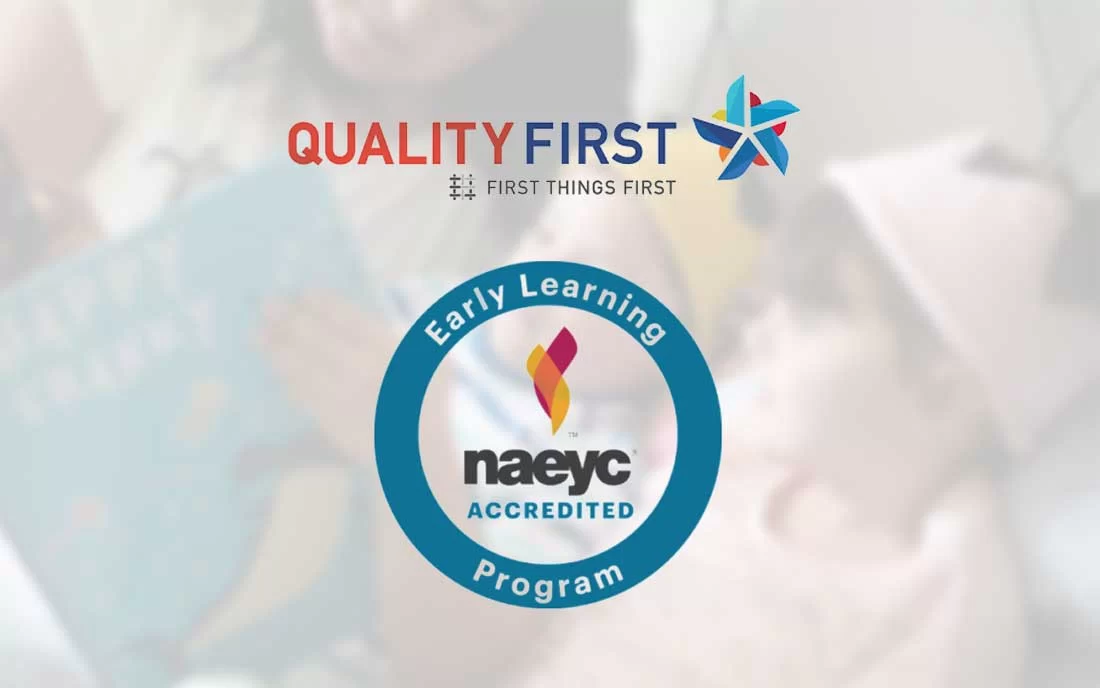
Industry Leading Toolset
Assessment Tools
Children are routinely screened using the following assessment tools: Ages & Stages Questionnaires® (ASQ) and Teaching Strategies Gold®
A Place to Play and Imagine
Laura Dozer Center
Our outdoor play area is covered by trees, state of the art, ADA accessible playground equipment, and a water play area for warm days. The Preschool area has a garden that the children can learn about growing plants. Classrooms and play areas are designed for safety and to ensure a healthy environment for the children.
why not
Subscribe to Our Newsletter
Learn more about our programs and services and how we help people with disabilities thrive. We typically send emails once or twice a month.
